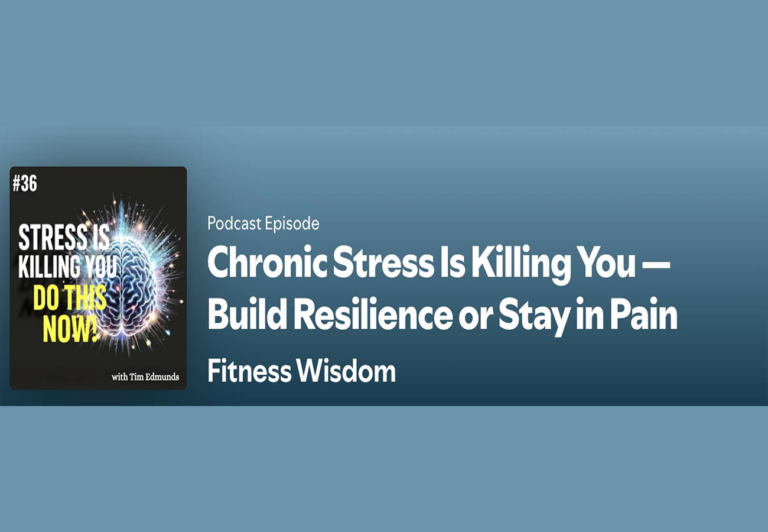Escaping the Curse of the Overachiever
Here in America we go big or go home so it’s not uncommon to find individuals who identify as overachievers. These driven souls possess an insatiable hunger for success, constantly pushing themselves to achieve more, reach new heights, and exceed their own expectations. While their ambition and dedication are admirable, the curse of the overachiever lies in the relentless pursuit of success, which can lead to burnout, stress, and a rollercoaster of peaks and valleys in their lives.
The Burnout Dilemma
Overachievers tend to be hardwired for relentless action and high achievement. They set their sights on lofty goals, pushing themselves to the limits to achieve them. However, this constant drive can often lead to burnout. Burnout, characterized by emotional exhaustion, detachment, and a sense of reduced accomplishment, is a common companion of the overachiever.
Burnout often paves the way for the dramatic drop from success that many overachievers experience. As they strive for greatness, they may neglect the signs of physical and emotional fatigue, believing that sheer determination can overcome any obstacle. But this relentless pace takes a toll on both their mental and physical health.
The Physical Toll of Stress
Stress is a silent saboteur that can undermine even the most determined overachiever’s success. When under constant pressure to meet high standards and outperform themselves, individuals often experience elevated levels of stress hormones like cortisol. This heightened state of stress can lead to a cascade of physical consequences.
The chronic release of stress hormones can disrupt the body’s natural balance, impacting various systems and organs. Over time, this can manifest as a range of physical health issues, including high blood pressure, compromised immune function, digestive problems, and cardiovascular diseases. The toll of chronic stress doesn’t stop there; it can also contribute to chronic pain, muscle tension, and sleep disturbances.
The Cycle of Peaks and Valleys
As overachievers grapple with the physical and emotional toll of their relentless pursuit of success, the steep drop-off from their peaks of achievement becomes almost inevitable. Burnout can lead to a sense of disillusionment and a loss of motivation. The overachiever, once soaring high, now finds themselves struggling to maintain their previous levels of productivity and accomplishment.
Embracing the Steady Climb
The solution to breaking free from the curse of the overachiever lies in adopting a different approach – a gradual, steady climb towards success. Instead of chasing after massive leaps that require unsustainable efforts, overachievers can benefit from constant, steady production that isn’t a stretch to accomplish and can be maintained over time. The truth is, success at the end can be achieved by both methods, however, once you reach the top, you want to be healthy enough to enjoy it.
The Benefits of a Steady Climb
The steady climb approach may not bring immediate fame or recognition, but it offers something invaluable: sustainability. It allows overachievers to avoid the pitfalls of burnout, stress, and the emotional rollercoaster that often accompanies the peak-and-valley approach. With a steady climb, individuals can achieve their goals without compromising their well-being.
Embracing Patience and Persistence
Achieving success through a steady climb requires patience and persistence. It demands the confidence that success is inevitable, even if it takes a bit longer to reach the summit. Overachievers must learn to appreciate the journey, celebrate small wins along the way, and recognize that the path to lasting success is rarely a sprint but rather a marathon.
In conclusion, the pursuit of success is a noble endeavor, but it should not come at the cost of one’s health and happiness. Overachievers can escape the curse that often accompanies their relentless drive by embracing a gradual, steady climb towards their goals. This path requires patience, persistence, and the belief that success is not just attainable but sustainable. In the end, a balanced approach to achievement leads to a more fulfilling and enjoyable journey through life. Breaking the cycle of burnout and the physical impact of stress is not only essential for success but also for long-term well-being.



